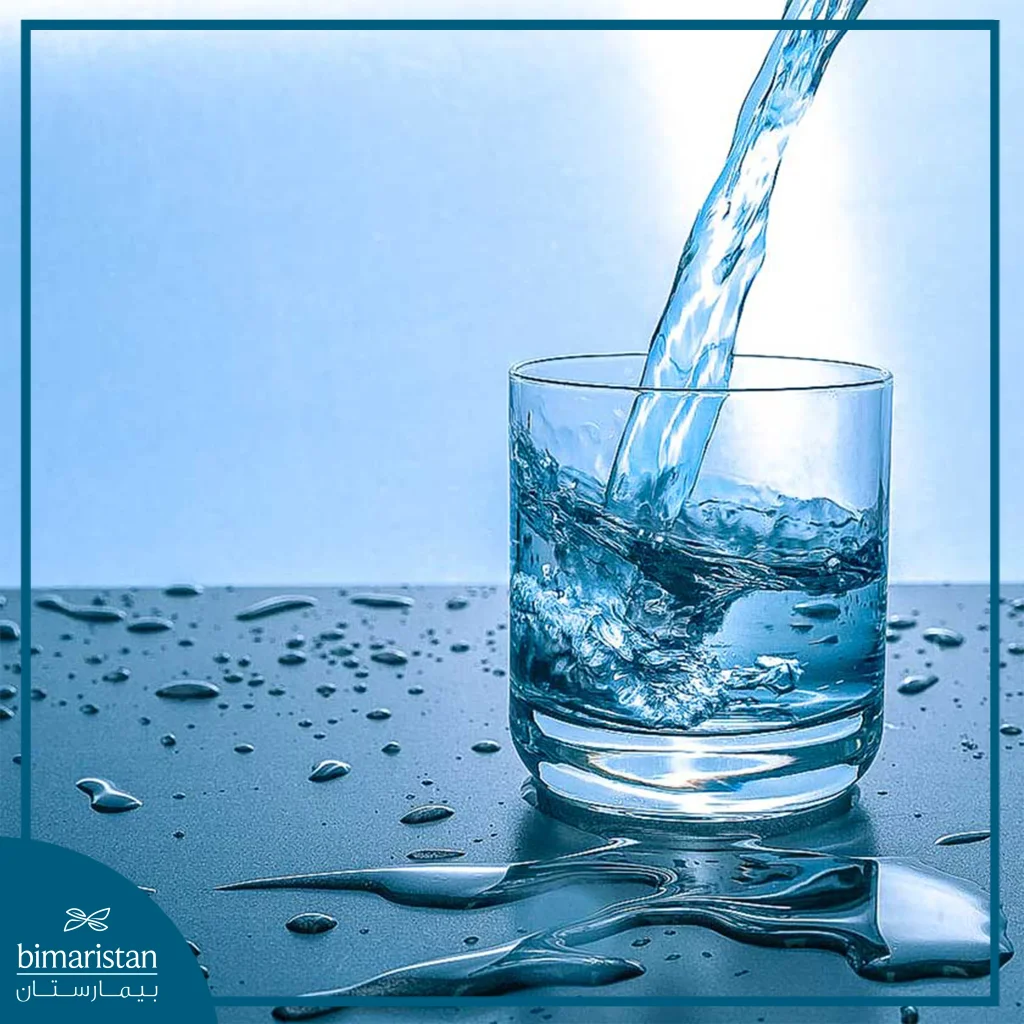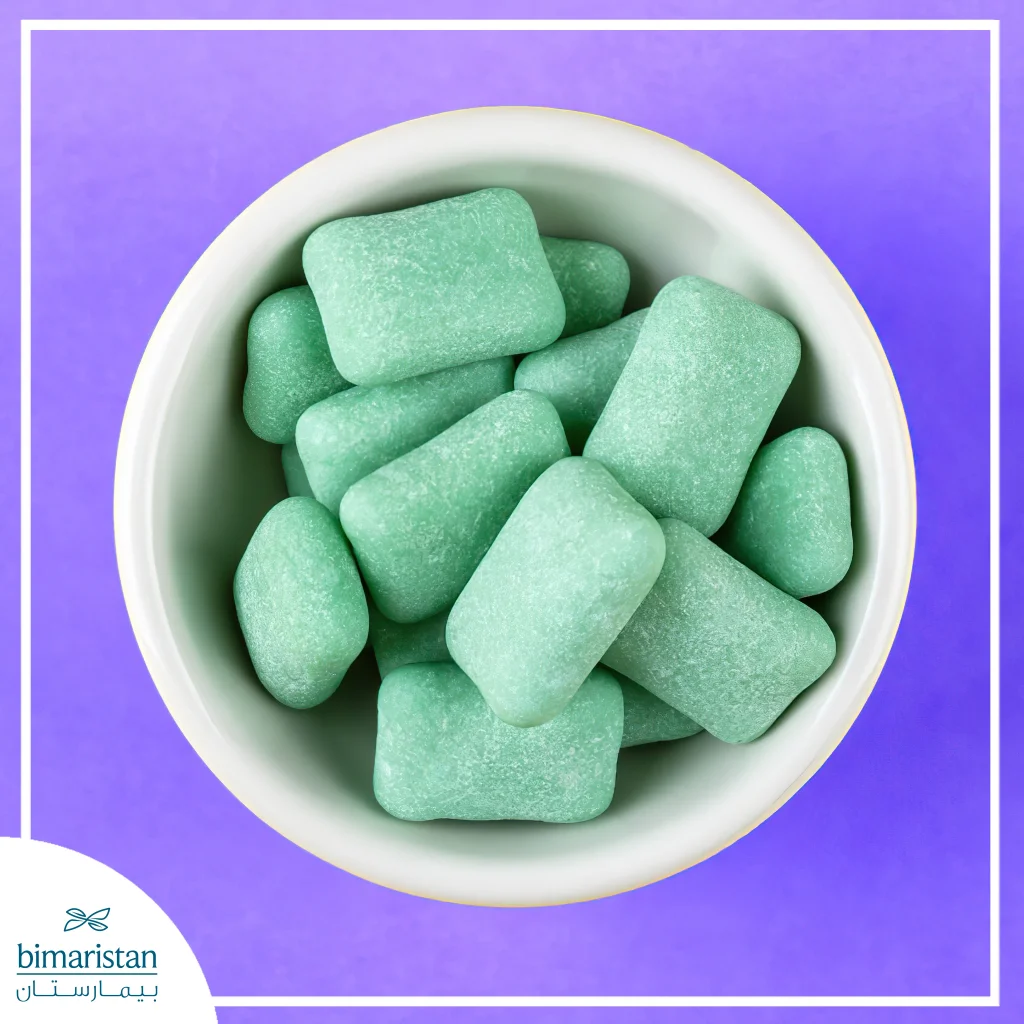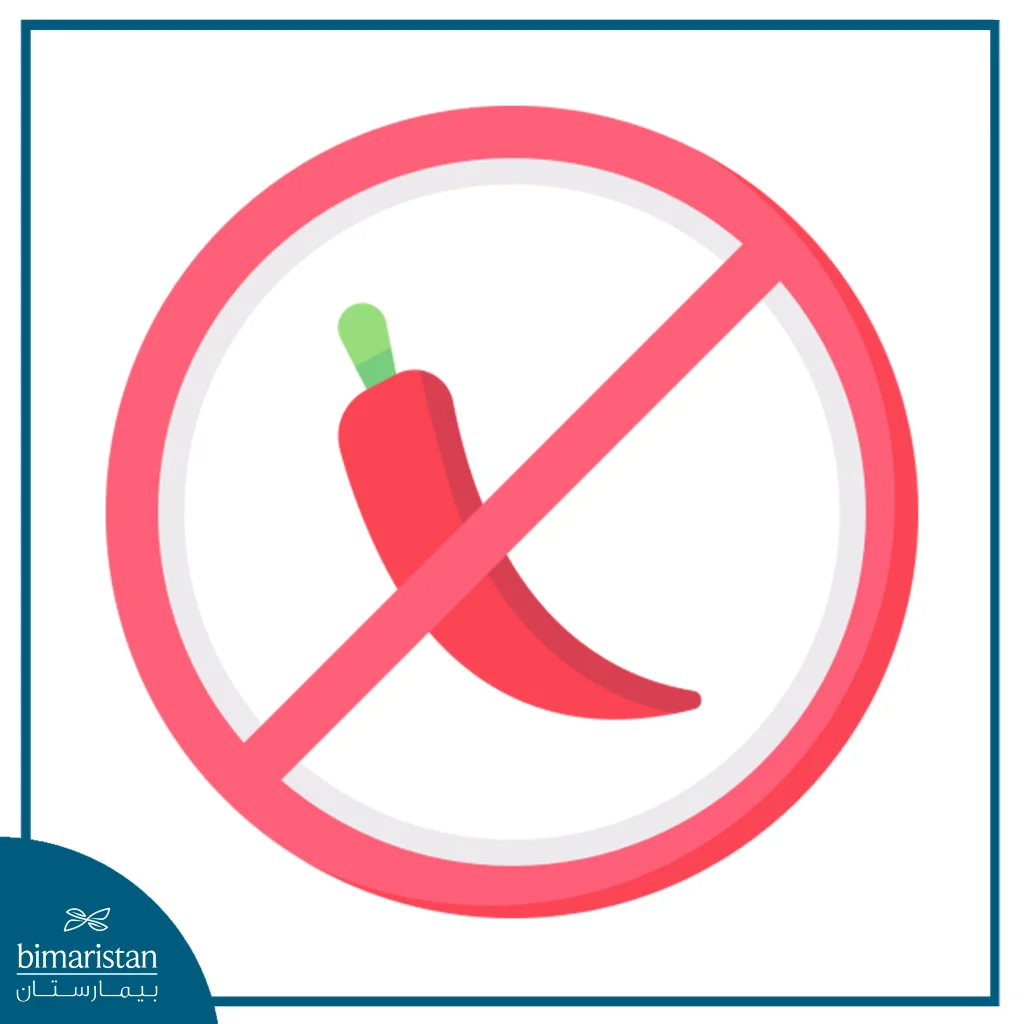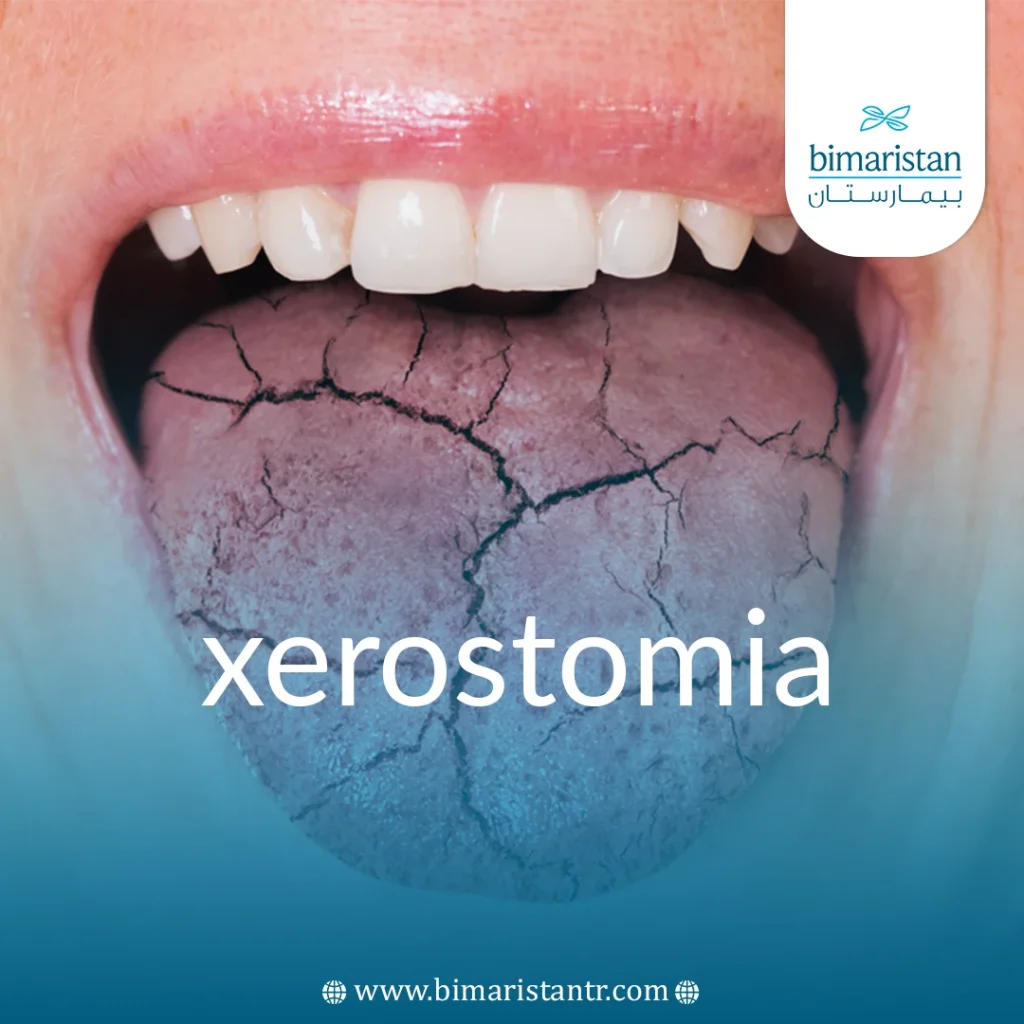Xerostomia, or dry mouth syndrome, is not a disease but a symptom of other conditions that decrease saliva production. This article explains the causes and methods of xerostomia treatment in Turkey.
Dry mouth is more common among the elderly and is usually a side effect of some medications. People who suffer from dry mouth syndrome do not produce enough saliva to keep their mouths moist.
Symptoms include cracked lips, bad breath, and increased saliva viscosity, so people who suffer from this condition should avoid spicy foods and sugary drinks.
What are the causes of xerostomia?
Possible causes of dry mouth (xerostomia) include the following:
- Medications: Studies have shown that many medications can lead to dry mouth and throat, including antihistamines, decongestants, high blood pressure medications, antidiarrheals, muscle relaxants, incontinence medications, some Parkinson’s disease medications, and several antidepressants.
- Age: Although dry mouth is not a normal part of aging, older adults tend to take more medications than other age groups, and many of these medications are what older adults take to cause this annoying problem.
- Cancer treatment: Radiation therapy to the head and neck can damage the salivary glands, decreasing saliva production and dry mouth. Chemotherapy can change the nature of saliva and the amount of saliva the body produces.
- Injury or surgery: This can damage the nerves in the head and neck area, causing dry mouth.
- Tobacco: Chewing or smoking tobacco increases the risk of dry mouth symptoms.
- Dehydration: This is caused by a lack of necessary fluids.
- Exercising or playing in the heat: The salivary glands in the mouth can become dry as body fluids are concentrated elsewhere in the body. The likelihood of developing dehydration symptoms increases if you exercise or play for a long time.

It can also be caused by certain health conditions, diseases, and habits, such as:
- Anxiety disorders
- Depression
- HIV (AIDS)
- Parkinson’s disease
- Uncontrolled diabetes
- Sjogren’s syndrome
- Sleeping with your mouth open
- Snoring
- Stroke and Alzheimer’s disease are likely to cause dry mouth even when your salivary glands are functioning properly
Xerostomia symptoms
Signs and symptoms of xerostomia may include:
- Halitosis
- Chilitis, or inflammation and cracking of the lips
- Cracking and fissures of the oral mucosa or the inner lining of your cheeks and lips, where the skin on the sides of the corners of your mouth may crack and become painful
- Dry mouth
- Dysgeusia or taste disorders
- Fungal infections in the mouth, such as thrush
- Recurrent gum disease
- Tooth decay and dental plaque
- Problems with speaking and talking
- Problems with swallowing and chewing, especially dry foods Crumbly, such as crackers or cereal
- Problems wearing dentures (denture fit problems)
- Mouth sores and tongue stuck to the palate
- Salivary gland inflammation
- Sore throat
- Sticky saliva
- Tongue pain
- Increased need to drink water, especially at night
- Glossitis and tongue sores
- Lipstick sticking to teeth
Controlling xerostomia
There are several ways to keep your mouth moist and prevent xerostomia symptoms from continuing, including:
- Sip non-carbonated, sugar-free fluids
- Chew gum that contains xylitol
- Carboxymethyl cellulose mouthwash may help
- Avoid mouthwashes that contain alcohol
- Do not wear dentures while sleeping
- Eat foods such as carrots or celery
- Breathe through your nose, as this does not dry out your mouth as much as breathing through your mouth
- Use a humidifier to add moisture to your bedroom, which may help reduce dry mouth symptoms that occur during sleep

Individuals should avoid:
- Chewing or smoking tobacco
- Sugary foods or drinks
- Acid foods or drinks
- Dry foods
- Spicy foods
- Astringents
- Excessively hot or cold drinks
- Alcohol consumption should be minimized or avoided completely, and caffeine should be consumed in moderation.

Diagnosis of xerostomia in Turkey
The doctor or dentist will likely examine the patient’s mouth, review their medical history, and order blood tests and salivary gland X-rays.
- Salivation: This is a simple procedure that measures the saliva flow rate. Collection devices are placed over the salivary gland openings, and saliva production is stimulated with citric acid.
- Radiography: This is an x-ray examination of the glands and ducts. It may be useful in identifying the presence of salivary gland stones and masses.
- Biopsy: A small sample of salivary gland tissue is taken. It is often used to diagnose Sjögren’s syndrome. If a malignant tumor (cancer) is suspected, the doctor may also order a biopsy.
Many doctors report that although the patient complains of severe dry mouth, the oral mucosa appears moist. The opposite may also happen, where the oral mucosa appears dry, but the individual does not complain of dry mouth symptoms.
For more information, do not hesitate to contact us at Bimaristan Center in Turkey.
Xerostomia treatment in Turkey
Xerostomia treatment depends on several factors, such as whether the person suffers from an underlying medical condition or disease or takes certain medications that may cause dry mouth. If an underlying cause is found, steps must be taken to reduce its effect.
Xerostomia treatment caused by medications
If dry mouth is thought to be caused by a particular medication, the dose can be changed, or another medication can be prescribed under the supervision of a doctor with a lesser effect on dry mouth.
Xerostomia treatment by stimulating saliva production
Some medications can be prescribed to stimulate saliva production, such as pilocarpine or cevimeline.
Experts say that treatment for dry mouth typically involves four areas:
- Increasing saliva flow
- Replacing lost secretions
- Controlling tooth decay
- Specific measures such as treating infections
A person with xerostomia should pay special attention to oral and dental hygiene, which includes removing dental plaque, treating gum infections, infections, and tooth decay, as well as brushing and flossing regularly.
Sources:
- Healthline
- Better Health
- Mount Sinai
